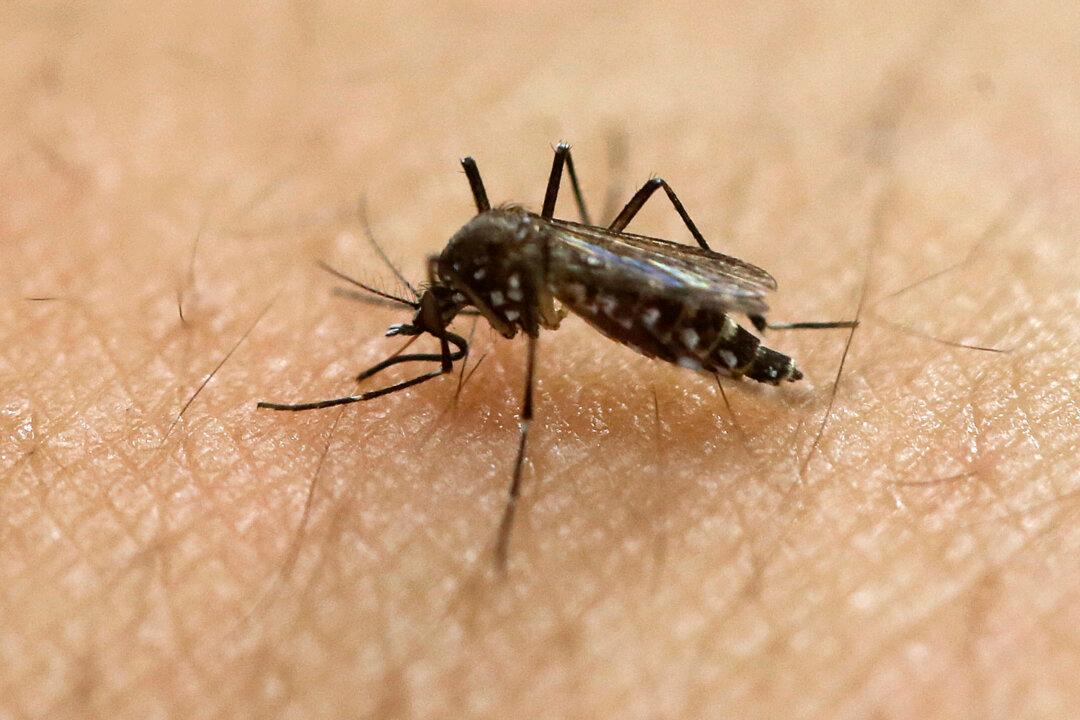The third confirmed death from Eastern Equine Encephalitis (EEE) was confirmed on Sept. 9 in Rhode Island.
The state’s Department of Health said that an adult in their 50s died from the virus.


The third confirmed death from Eastern Equine Encephalitis (EEE) was confirmed on Sept. 9 in Rhode Island.